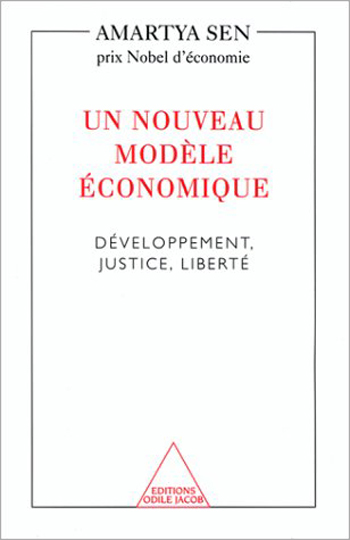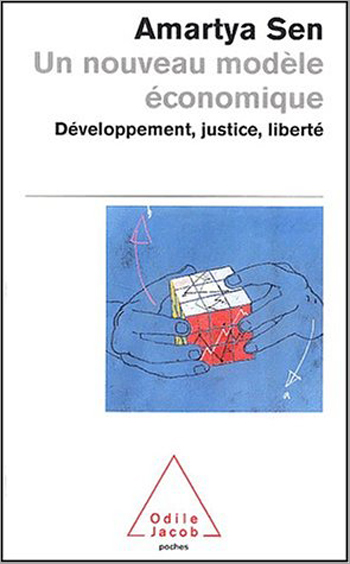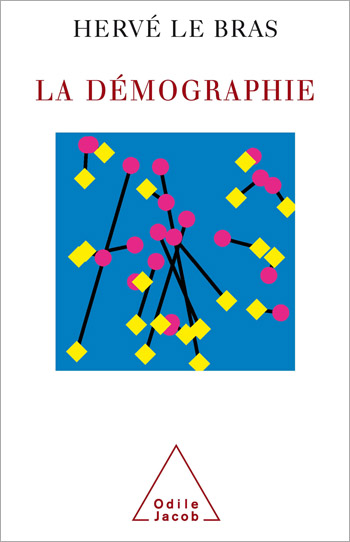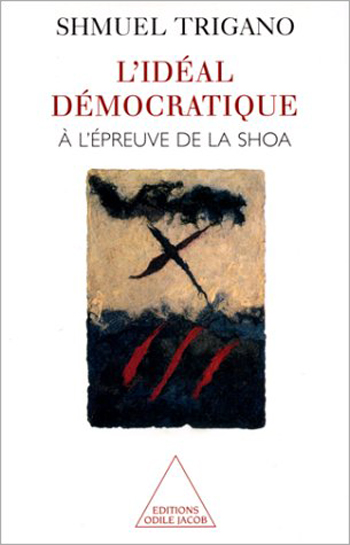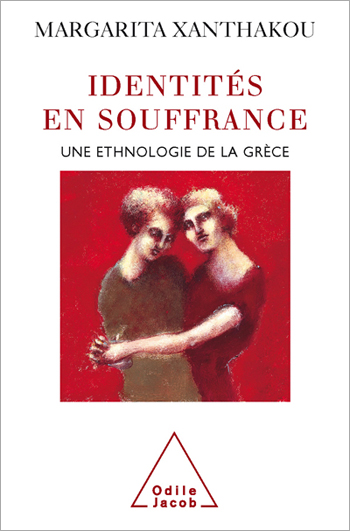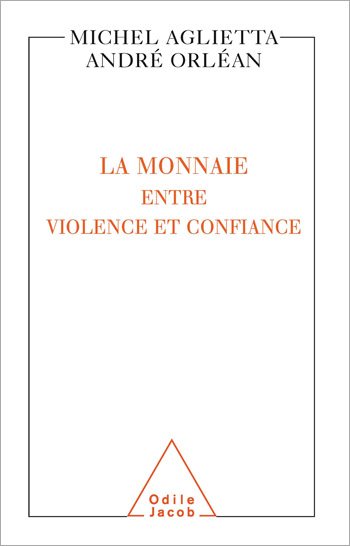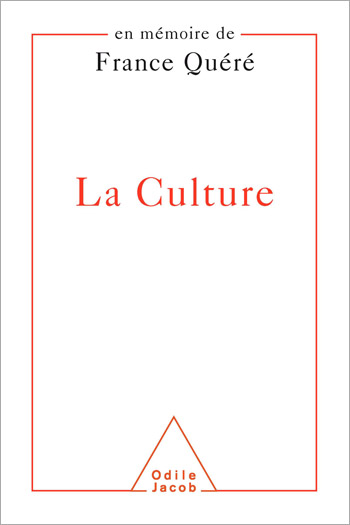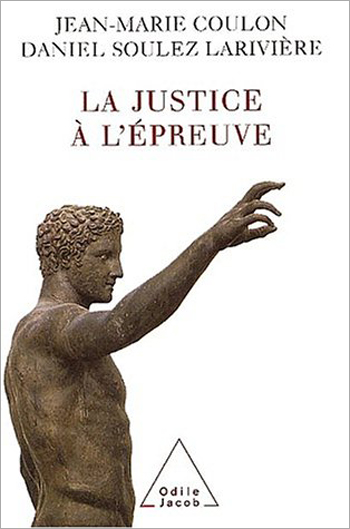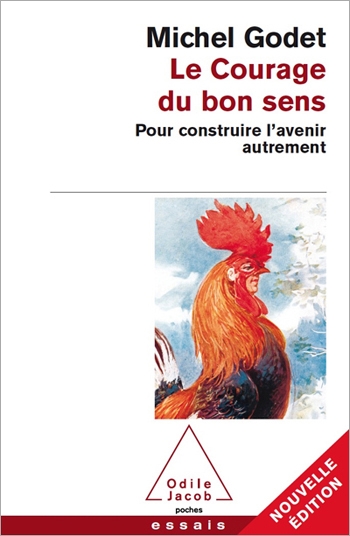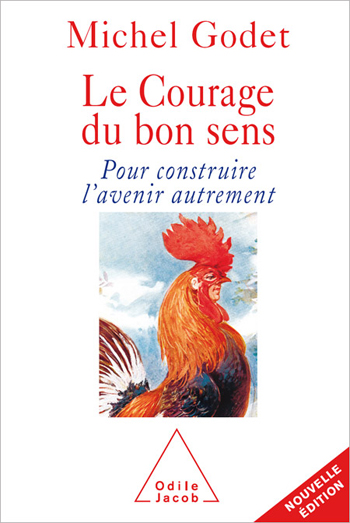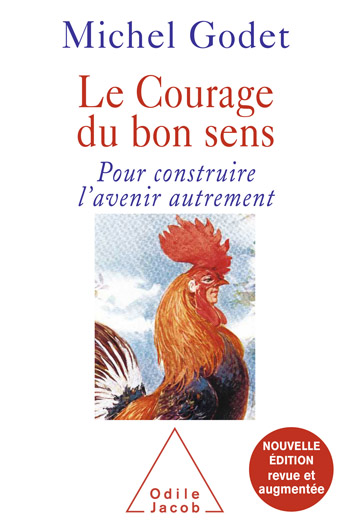Human Sciences All books
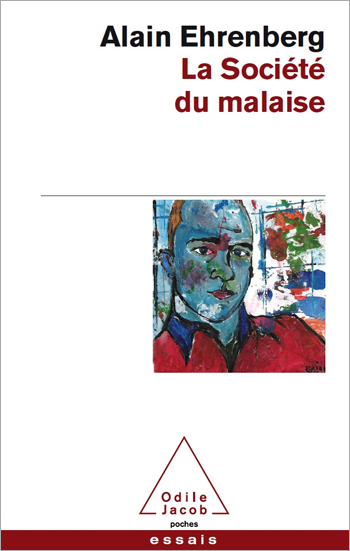
Alain Ehrenberg
The Despondent Society
Will individualism ultimately turn against society and the individual?
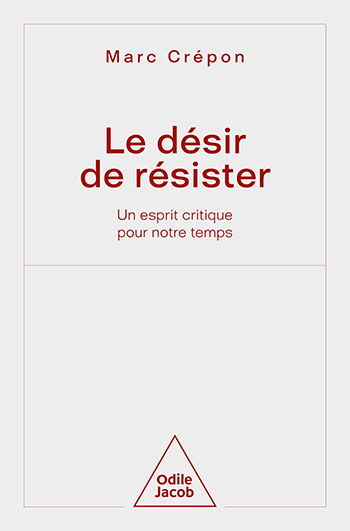
Marc Crépon
The Desire to Resist A Critical Mind for Our Times
The struggle against all forms of authority, a critical mind, and the ability to think for ourselves, are the best weapons against those who want to convince us of our insignificance.
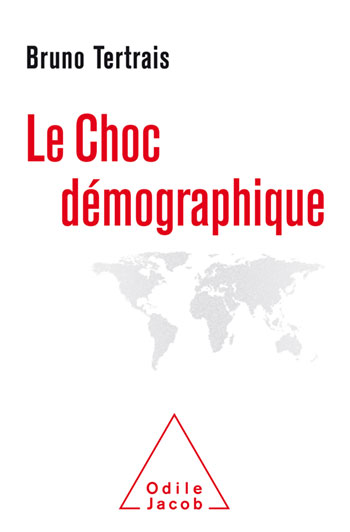
Bruno Tertrais
Demographic Shock Migrations and the Future of Europe
Humanity is setting foot on a demographic terra incognita, with major economic, social, cultural, and political consequences.
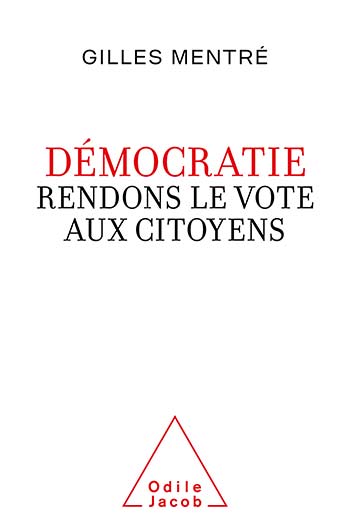
Gilles Mentré
Democracy For a Redistribution of Power
Gilles Mentré is a man whose ambition is as great as his innovative ideas. He has a strong personality, a network, and a strength of conviction that will ensure a strong promotional campaign.
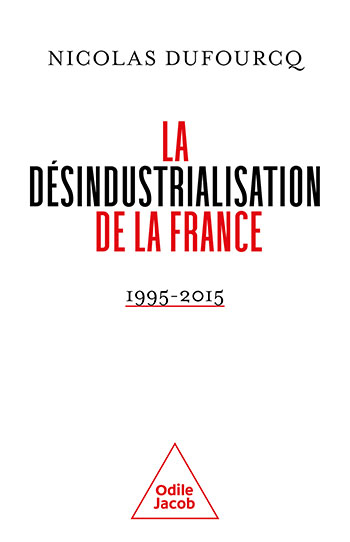
Nicolas Dufourcq
Deindustrialization in France Looking Back on 30 Years
High-profile contributors (including Laurence Boon, Pascal Lamy and Jean-Claude Trichet) provide captivating perspectives (special mention for Alain Madelin!) in a jargon-free style, especially from the entrepreneurs.
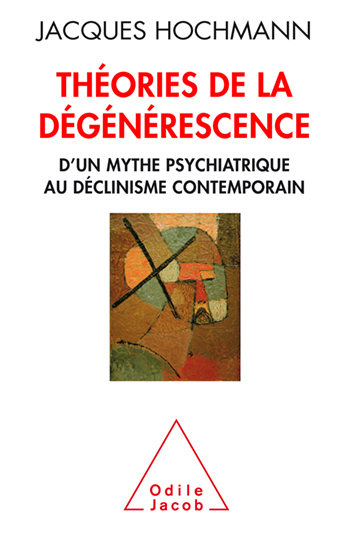
Jacques Hochmann
Degeneration Theories Psychiatry and History
The unbelievable story of a mad psychiatric theory centered on the idea of heredity which was put to the most horrible of uses, while having a lasting effect on mentalities.
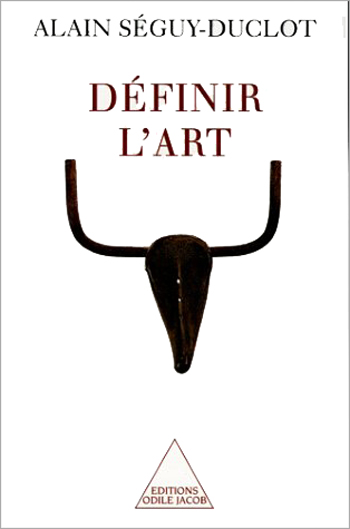
Alain Séguy-Duclot
Defining Art
The general consensus is that art is impossible to define and that the evaluation of works of art is always subjective. Countering these affirmations, Alain Séguy-Duclot shows in this work that art can, in fact, be defined. Duchamp's readymades (industrial objects in series, snow shovels, wine racks, etc) constitute a point of departure for this reflection. He argues that, rather than showing that art was undefinable, the readymades proved that art was definable. It is this that Séguy-Duclot sets out to prove in this incisive and passionate work. Alain Séguy-Duclot is a philosopher, and a professor at the University of Tours.
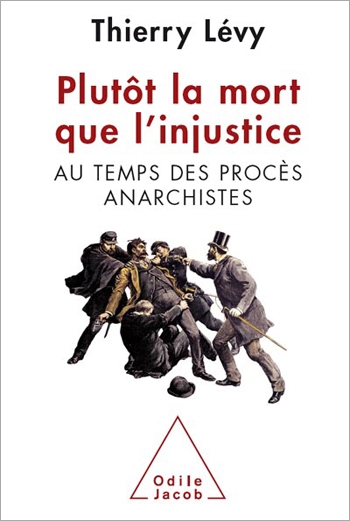
Thierry Lévy
Death Before Injustice The Era of Anarchist Trials
On 8 November 1892, a bomb went off in the staircase of a Paris police station. There was little doubt it had been the act of an anarchist...
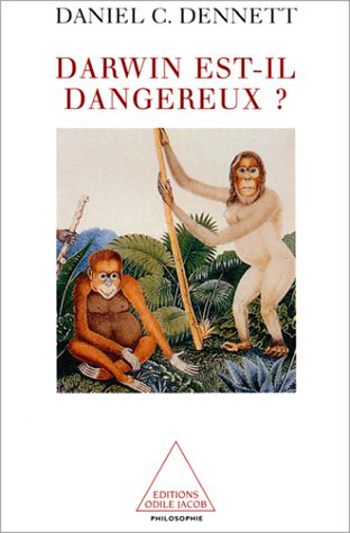
Daniel C. Dennett
Darwin's Dangerous Idea: Evolution and the Meanings of Life
In this book, he confronts this approach with the ideas of Charles Darwin and Darwinism, and addresses the question of evolution. What are the implications of the theory of evolution by natural selection? Why is evolution such a disturbing idea, not only for religious believers but also for philosophers and even for some biologists? How does it affect the concept of mind? In the midst of the current neo-Darwinian wave, this book offers a timely dialogue between the ideas of an important contemporary philosopher and those of the greatest nineteenth-century biologist. Daniel C. Dennett teaches cognitive sciences at Tufts University.
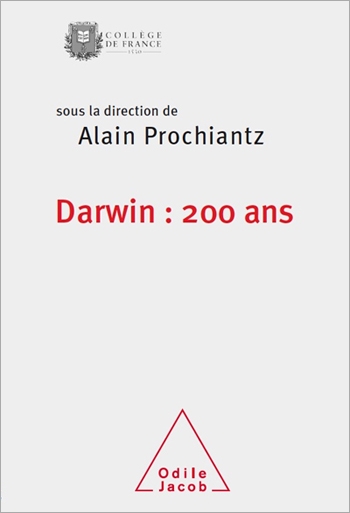
Alain Prochiantz
Darwin: 200 Years
More than an homage to a great scientist, this book, written by eminent specialists, is a perfect introduction to understanding the impact of Darwinism on contemporary thinking and science
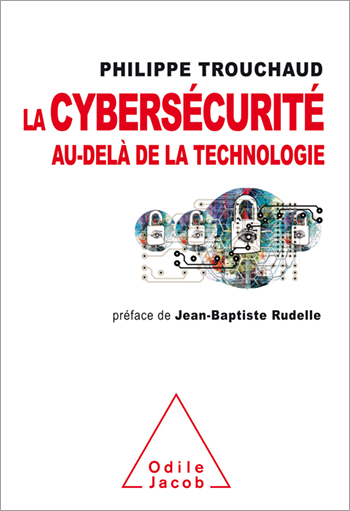
Philippe Trouchaud
The Cybersecurity beyond technology
The protection of personal data has become a major issue for businesses
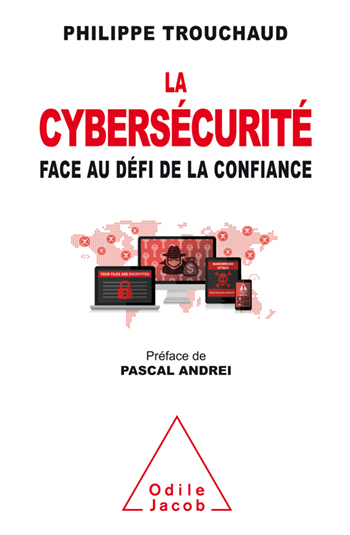
Philippe Trouchaud
Cybersecurity
All specialists agree that hacking incidents are only increasing. This book proposes ways to learn how to protect oneself while acknowledging that zero risk no longer exists.
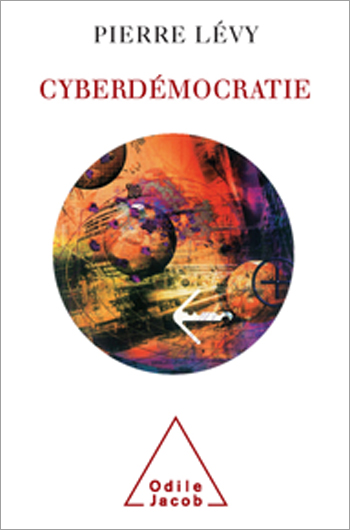
Pierre Lévy
Cyberdemocracy
This book offers a synthesis of the various ways in which the advent of the Internet has transformed daily life in democratic societies, both on a regional and international level," writes Pierre Lévy. This ambitious and down-to-earth analysis is well served by Pierre Lévys style and prophetic vision. He has taken into account the latest and most innovative developments, as well as the political changes brought about by the new information society. Pierre Lévy, a philosopher, teaches at the University of Quebec, in Trois Rivières. He is the author of Cyberculture and World Philosophy.
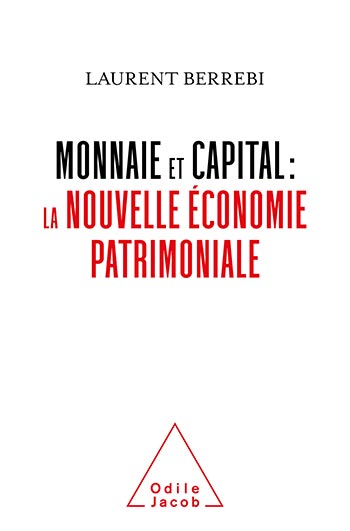
Laurent Berrebi
Currency and Capital The New Patrimonial Economy
A very ambitious book: it proposes nothing short of a new theoretical economic model, going beyond both classic economics and the Keynesian model.
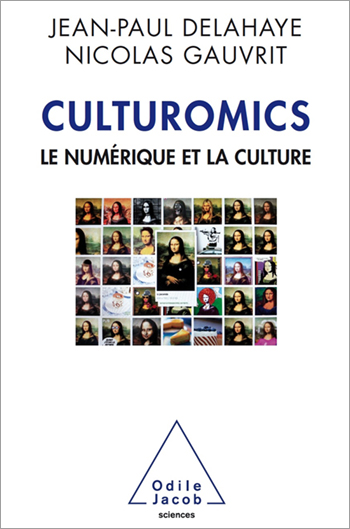
Jean-Paul Delahaye, Nicolas Gauvrit
Culturetech: Digital Culture
The development of electronic databases (and of Internet search engines to explore them) has given rise to such new behaviours as egosurfing...
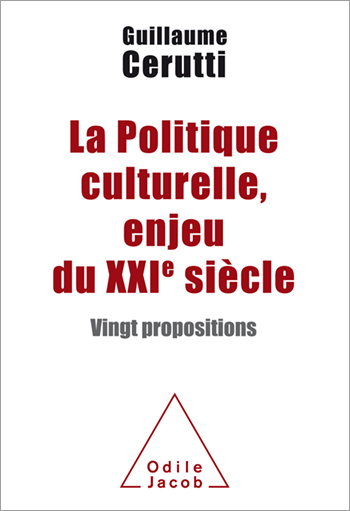
Guillaume Cerutti
The Cultural Policy : A 21st Century Challenge Twenty Proposals
Though our certainties may waver as we move toward an uncertain economic and social future, culture remains for France an exceptional asset and a critical issue, both at home and internationally.
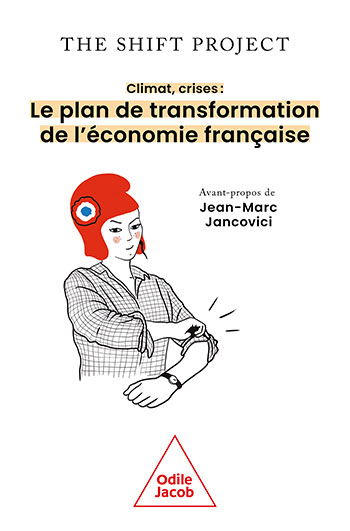
The Shift Project
Crisis, Climate How to Transform the French Economy
The Shift Project, a think tank created by Jean-Marc Jancovici in 2010, aims to clarify and influence the debate on energy transition.
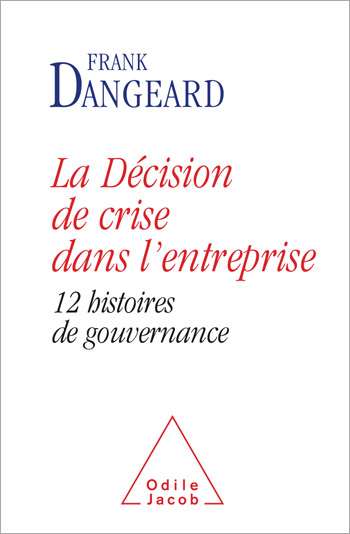
Frank Dangeard
Crisis Decision-Making in Businesses 12 Tales of Governance
Based on his extensive experience as a manager and administrator, and illustrated with numerous examples from recent business history...
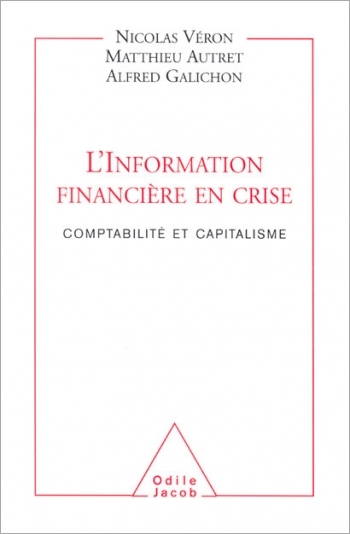
Nicolas Véron, Matthieu Autret, Alfred Galichon
Crise in Financial Information Accounting and Capitalism
Enron, Andersen, Worldcom: although these companies have stopped dominating the headlines, the shock waves they sent through the business community in 2002 have not yet subsided. The belief that accounting is an exact science has been shattered, while economic relations are upset by the knowledge that financial information may be untrustworthy. Yet the market economy profoundly requires relevant and reliable information about the activity and financial situation of businesses. Taking into account the increasing strength of capital markets and international investors, the authors outline the basic elements that could constitute a new, balanced system of accounting that would accompany the necessary changes in capitalism, particularly in France and the rest of Europe. Nicolas Véron, an engineer and high-ranking civil servant, is the founder of Etudes et Conseil pour l'Information Financière (ECIF). Matthieu Autret is an expert currently working for the European Commission. Alfred Galichon is a doctoral candidate in economics at Harvard University.
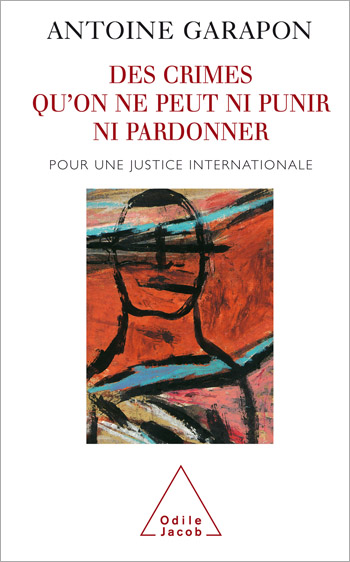
Antoine Garapon
Crimes Which Can Neither be Punished Nor Forgiven Towards an International Justice
The creation of a system of international criminal justice was one of the greatest political upheavals of recent decades. The fact that international criminal law has been allowed to question national sovereignty is a revolution in itself. The detractors of international justice contend that it is simply the justice of the victors. Could they be right? Have law and ethics been muddled? Have the trials conducted in its name helped heal the victims? Can justice prevent civil war? A former magistrate, Antoine Garapon heads the Institut des hautes études sur la justice.
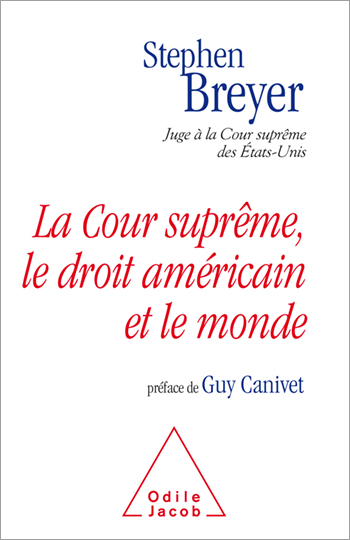
Stephen Breyer
The Court and the World American Law and the New Global Realities
n this original, far-reaching, and timely book, Justice Stephen Breyer examines the work of the Supreme Court of the United States in an increasingly interconnected world, a world in which all sorts of activity, both public and private—from the conduct of national security policy to the conduct of international trade—obliges the Court to understand and consider circumstances beyond America’s borders.

